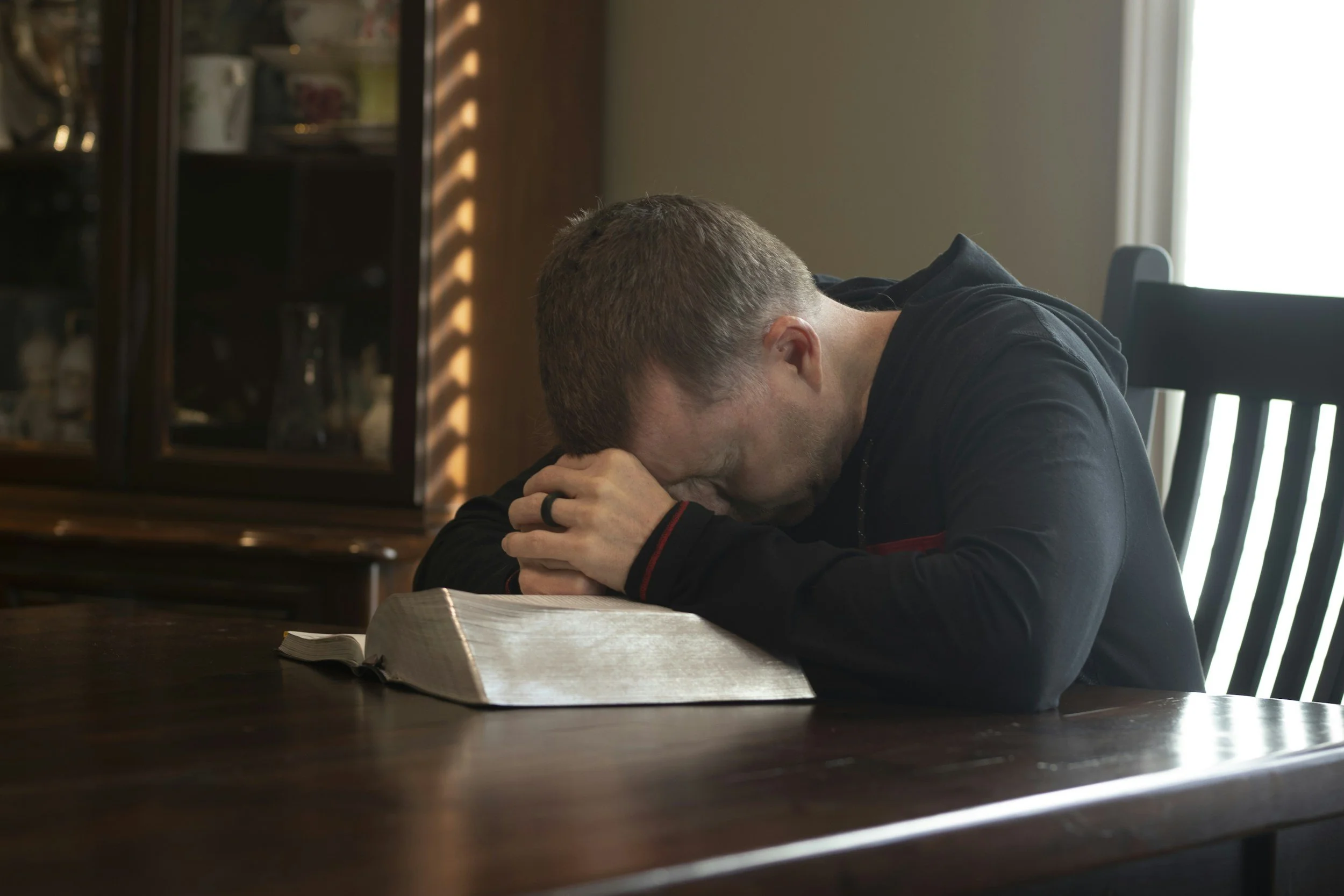Behold Jesus.
Respond in worship.
Pursue a life centered on Jesus.
Behold His glory. Live in His presence. Respond in worship.
Here you’ll find articles that equip and inspire you to behold Christ, cultivate rhythms of renewal, and build a life of worship that flows from the knowledge of God.
Christ-Centered Theology
Our theology is not just academic–it is the pursuit of the Living God. Explore articles that deepen your understanding of Scripture, anchor your heart in the gospel, and draw your worship towards Jesus Christ, the center of all truth and glory.
Worship that Beholds
Worship is not performance–it is beholding. In this section, discover how true worship flows from seeing Jesus rightly. Learn to lead and live from the place of adoration, intimacy, and Spirit-filled devotion.
Recent Blogs
Catch the latest articles from Relentless Pursuit Creative. Fresh insights on Christ-centered theology, worship, and rhythms of renewal–helping you pursue Him in every season.
How to Judge Prophetic Songs: Scriptural Discernment for Worship Leaders
Not every spontaneous moment is prophetic. Learn how to test prophetic songs against Scripture, love, and the edification of the church.
How to Worship Without Words: The Biblical Role of Instruments in Prophetic Worship
Discover the power of instrumental worship in Scripture—from David’s harp to the band of prophets. Learn how to minister to God and others without singing a single word.
What is an Invitation Song? Worship Songs That Call People to Behold Jesus
Discover the power of instrumental worship in Scripture—from David’s harp to the band of prophets. Learn how to minister to God and others without singing a single word.
Worship Leaders and the Word
Every follower of Jesus should be spending time in the Word of God daily. It is such a foundational and imperative part of being a disciple of Jesus. Reading His Word is one of the best ways we can learn more about Him and become more like Him. This should be a high priority for all of us, but especially worship leaders.
The Suffering King
Our King was beaten and betrayed by those He came to save. He was beaten to the point where He no longer looked like Himself. Before killing Him on the cross, they wanted to torture Him. He was missing skin and had bones exposed. Jesus felt it all. Yet it says that we were the joy set before Him.
The Consequences of Criticizing Worship: Lessons from Michal's Barrenness
In the realm of worship, King David serves as a powerful example of someone with a heart fully devoted to God. He was unafraid to set aside his dignity and become "even more undignified" in his worship because he recognized the worthiness of God. However, there is another side to this story—a cautionary tale that teaches us an important lesson about the danger of criticizing dancing in worship.
Worship Songs Teach Theology
The study of theology is not merely a theoretical exercise of the intellect. It is a study of the living God and of the wonders of all His works in creation and redemption. We cannot study this subject dispassionately
Worship Leaders Need Oil
The oil will be evident when we spend time worshiping in the secret place with our songs and sets. But we do not get oil from just adding songs to our sets and practicing them. Just as preachers should not read their Bibles only to craft a message, worship leaders should not choose songs without oil and history.
Upbeat Worship Songs That Are Theologically Rich: High-Energy Openers That Go Deep
Discover fast, upbeat worship songs with deep, Christ-centered lyrics—perfect for worship set openers. Say goodbye to shallow praise. Playlist included.











